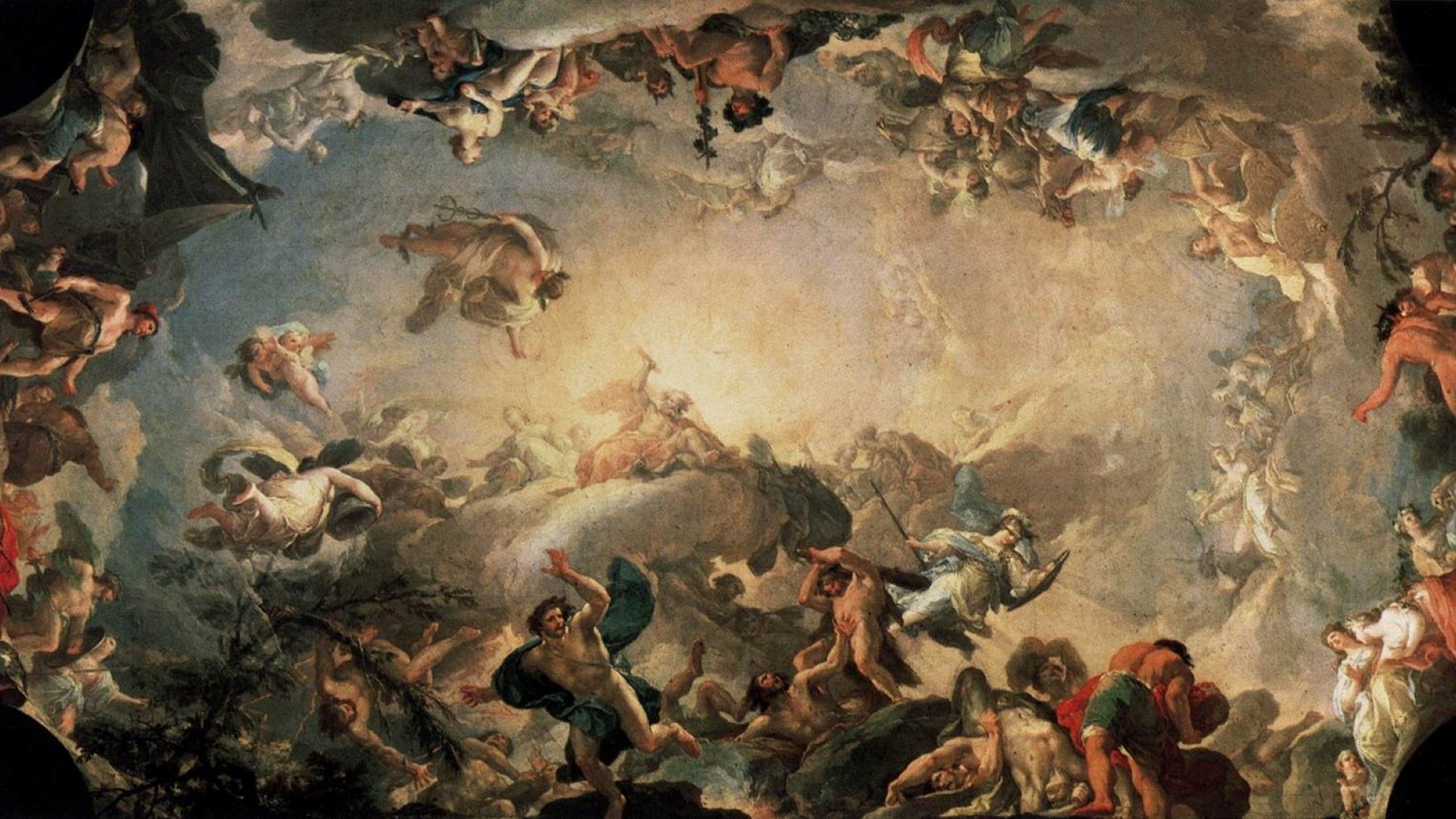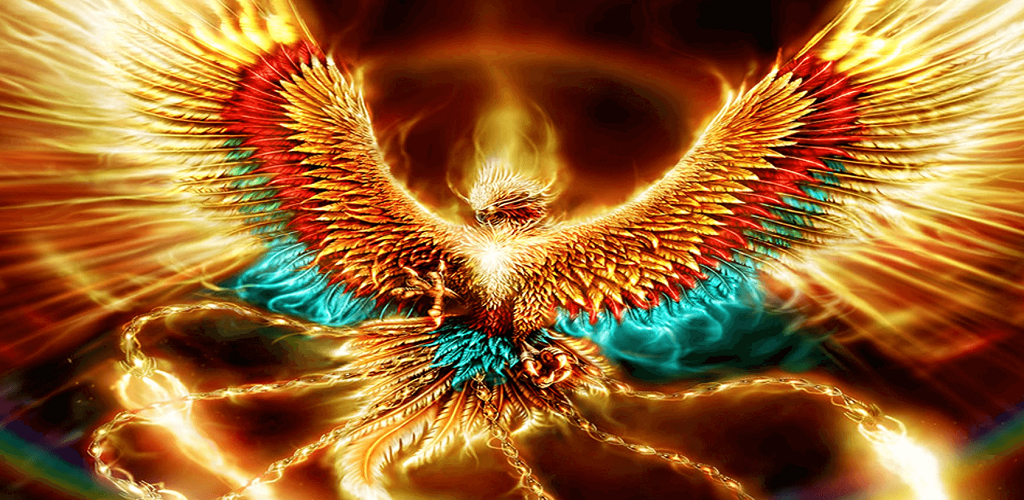
Phoenix

Bird on fire, rising from the ashes!
The symbolism of the Phoenix, like the mystical bird itself, dies and is reborn across cultures and throughout time.
Ancient legend paints a picture of a magical bird, radiant and shimmering, which lives for several hundred years before it dies by bursting into flames.
It is then reborn from the ashes, to start a new, long life. So powerful is the symbolism that it is a motif and image that is still used commonly today in popular culture and folklore.
The legendary phoenix is a large, grand bird, much like an eagle or peacock. It is brilliantly coloured in reds, purples, and yellows, as it is associated with the rising sun and fire.
Sometimes a nimbus will surround it, illuminating it in the sky. Its eyes are blue and shine like sapphires. It builds its own funeral pyre or nest, and ignites it with a single clap of its wings. After death it rises gloriously from the ashes and flies away.
The phoenix symbolizes renewal and resurrection, and represents many themes , such as “the sun, time, the empire, metempsychosis, consecration, resurrection, life in the heavenly Paradise, Christ, Mary, virginity, the exceptional man”.
Tina Garnet writes in The Phoenix in Egyptian, Arab, and Greek Mythology of the long-lived bird, “When it feels its end approaching, it builds a nest with the finest aromatic woods, sets it on fire, and is consumed by the flames.
From the pile of ashes, a new Phoenix arises, young and powerful. It then embalms the ashes of its predecessor in an egg of myrrh, and flies to the city of the Sun, Heliopolis, where it deposits the egg on the altar of the Sun God.”
There are lesser known versions of the myth in which the phoenix dies and simply decomposes before rebirth.
The Greek named it the Phoenix but it is associated with the Egyptian Bennu, the Native American Thunderbird, the Russian Firebird, the Chinese Fèng Huáng, and the Japanese Hō-ō.
It is believed that the Greeks called the Canaanites the Phoenikes or Phoenicians, which may derive from the Greek word 'Phoenix', meaning crimson or purple. Indeed, the symbology of the Phoenix is also closely tied with the Phoenicians.
Perhaps the earliest instance of the legend, the Egyptians told of the Bennu, a heron bird that is part of their creation myth. The Bennu lived atop ben-ben stones or obelisks and was worshipped alongside Osiris and Ra.
Bennu was seen as an avatar of Osiris, a living symbol of the deity. The solar bird appears on ancient amulets as a symbol of rebirth and immortality, and it was associated with the period of flooding of the Nile, bringing new wealth and fertility.
Greek historian Herodotus wrote that priests of ancient Heliopolis described the bird as living for 500 years before building and lighting its own funeral pyre. The offspring of the birds would then fly from the ashes, and carry priests to the temple altar in Heliopolis.
In ancient Greece it was said the bird does not eat fruit, but frankincense and aromatic gums. It also collects cinnamon and myrrh for its nest in preparation for its fiery death.
In Asia the phoenix reigns over all the birds, and is the symbol of the Chinese Empress and feminine grace, as well as the sun and the south. The sighting of the phoenix is a good sign that a wise leader has ascended to the throne and a new era has begun.
It was representative of Chinese virtues: goodness, duty, propriety, kindness and reliability. Palaces and temples are guarded by ceramic protective beasts, all lead by the phoenix.
The mythical phoenix has been incorporated into many religions, signifying eternal life, destruction, creation and fresh beginnings.
Due to the themes of death and resurrection, it was adopted a symbol in early Christianity, as an analogy of Christ’s death and three days later his resurrection. The image became a popular symbol on early Christian tombstones.
It is also symbolic of a cosmic fire some believe created the world and which will consume it.
[1]
Sources
Our Mobile Application
Check out Our Mobile Application "Ancient Greece Reloaded"


